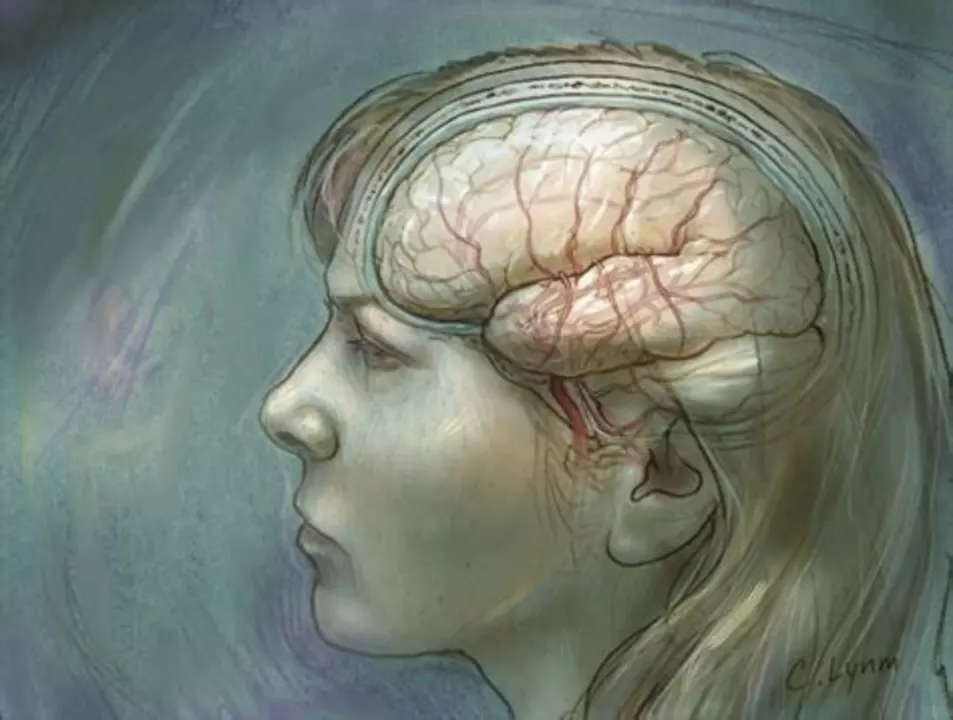Mental Health: Practical help, clear info, and treatments that make sense
Struggling with mood swings, anxiety, or psychosis can feel overwhelming. Here you'll find straightforward explanations of common conditions, how treatments work, and steps you can take right now. No fluff — just useful, actionable information written so anyone can follow it.
Mental health covers many conditions: depression, anxiety, bipolar disorder, schizophrenia, and more. Each condition has its own typical treatments. Therapy and medication are the two main paths, and often they work best when used together.
Treatment basics you can use
Therapy types matter. Cognitive Behavioral Therapy (CBT) helps with anxiety and depression by changing unhelpful thoughts. Psychotherapy or talk therapy helps dig into long-term patterns. Group therapy gives peer support, and family therapy can improve relationships that affect symptoms.
Medications also vary. Antidepressants treat depression and some anxiety. Antipsychotics target psychosis and severe mood symptoms. Mood stabilizers help with bipolar disorder. Each drug has benefits and side effects, so talk with your prescriber about what to expect.
What about lamotrigine and schizophrenia?
Lamotrigine is a mood stabilizer approved for bipolar disorder and epilepsy. Some research looks at whether lamotrigine adds benefit when combined with antipsychotics for schizophrenia, especially for mood and negative symptoms. Early studies show modest improvements for some people, but it’s not a standard standalone treatment for schizophrenia.
Wondering if it’s right for you? Ask your psychiatrist about off-label uses, possible interactions, and side effects like rash or dizziness. If a doctor recommends adding lamotrigine, they should explain why and monitor your response closely.
Small practical steps matter. Keep a symptom diary for two weeks to show your clinician patterns. Track sleep, appetite, energy, and mood. That data helps pick treatments and measure progress.
Medication adherence is simple but powerful. Skipping doses can reduce benefits and increase side effects. If side effects are a problem, call your provider before stopping. Often a dose change or slower titration fixes issues.
When to seek urgent help: if you or someone else is in danger, experiencing suicidal thoughts, or a sudden severe psychotic break, get emergency care immediately. For ongoing worries, set up regular check-ins with a mental health professional.
If you want reliable reading, look for recent clinical trials, guidelines from psychiatric associations, and reviews in medical journals. Ask your clinician to explain study findings in plain language so you can make informed choices.
Want to explore specific posts? Check our article on lamotrigine and schizophrenia for a closer look at the evidence and what patients report. New research appears regularly, and we summarize the practical takeaways so you don’t have to slog through heavy papers.
Take one step at a time: document symptoms, ask clear questions, try combined therapy and meds when recommended, and reach out if things get worse. We’re here to help you find reliable, practical paths to feeling better.
Lamotrigine and Schizophrenia: Can It Improve Symptoms?
I recently came across some research regarding Lamotrigine, a medication commonly used for epilepsy and bipolar disorder, and its potential benefits for schizophrenia patients. Studies have shown that it may help improve the symptoms of schizophrenia when used in combination with antipsychotic medications. While more research is needed, these findings are quite promising for those who struggle with this mental health disorder. It's important for the medical community to continue exploring innovative treatment options like this. I'll be keeping an eye on further developments and sharing any new insights on my blog.
Read More





